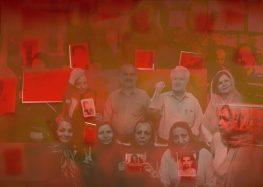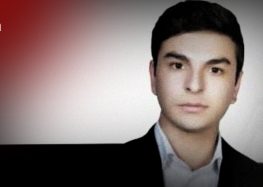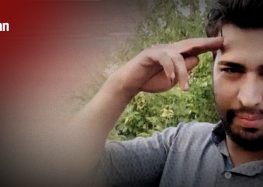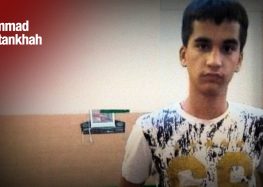Iranian-Jewish Worshippers Find Two Synagogues Ransacked and Vandalized in Shiraz
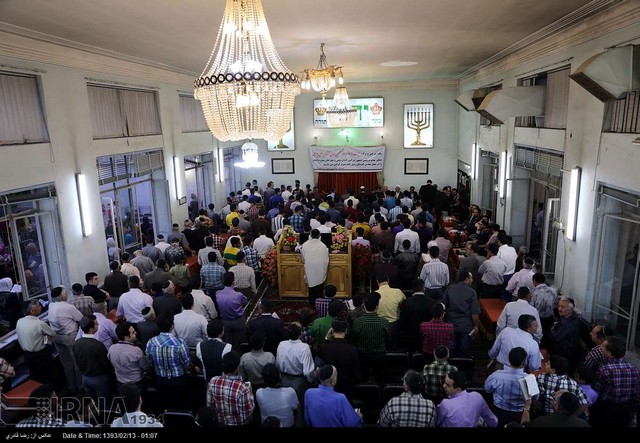
Unidentified assailants attacked two synagogues in the southern Iranian city of Shiraz on December 24 and 25, 2017, and destroyed or desecrated religious items, according to Sam Kermanian, an adviser to the Los Angeles-based Iranian American Jewish Federation (IAJF).
“When worshippers arrived for prayers at the Hadash and Kashi synagogues on Monday, they noticed that books and scrolls had been torn,” Kermanian told the Center for Human Rights in Iran (CHRI) on December 27. “Some texts were found in the toilet and valuable items have gone missing.”
Kermanian explained that the extent of the damages indicates that more than one attacker was involved. The police have been informed but no suspects have been identified.
Kermanian added that members of the Iranian-Jewish community in Shiraz have avoided talking to local media for fear of reprisals.
“In Iran, religious minorities are discriminated against by Muslims and especially Shi’ites,” he told CHRI. “Although Iranian Jews have had particularly friendly relations with ordinary [Iranian] people, the anti-Jewish propaganda and growing restrictions on Jews after the establishment of the Islamic Republic in 1979 hastened their exodus.”
The Jewish community in Iran is one of the oldest in the diaspora, but the number has steadily declined since the 1979 Islamic Revolution from an estimated 100,000 to less than 30,000 today.
Though no exact figures exist, the Tehran Jewish Committee estimates that between 25,000-30,000 Jews live in Iran today. However, some Jewish organizations put the number at below 10,000.
Iran is 90-95 percent Shia Muslim. The country’s Constitution recognizes Judaism as one of three official minority religions along with Christianity and Zoroastrianism. The Constitution also guarantees one seat in Parliament to a Jew.
The founder of the revolution, Ayatollah Ruhollah Khomeini, issued a fatwa in 1979 calling for the protection of Jews in Iran, however, Jews are not allowed to hold high-level positions in government or be judges. They are also subjected to cultural and workplace discrimination.



